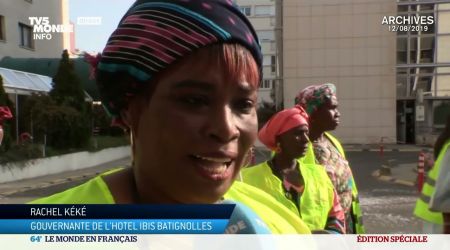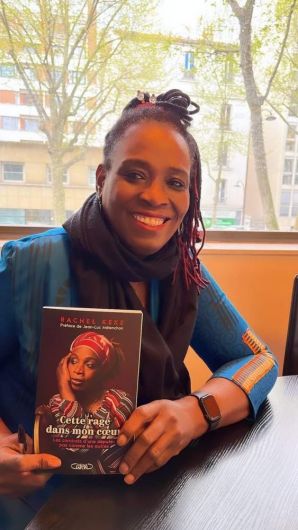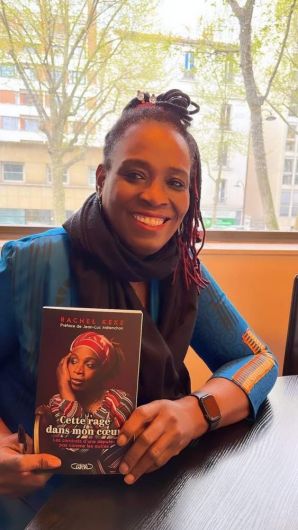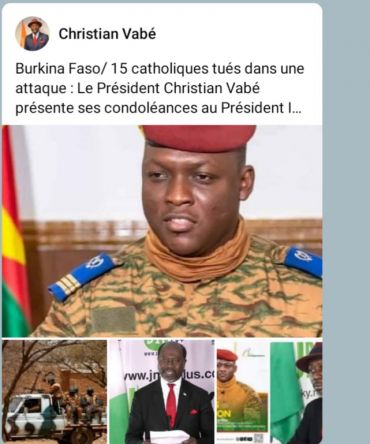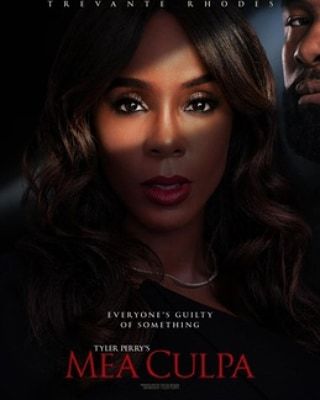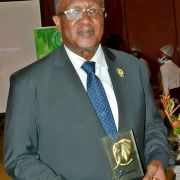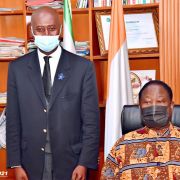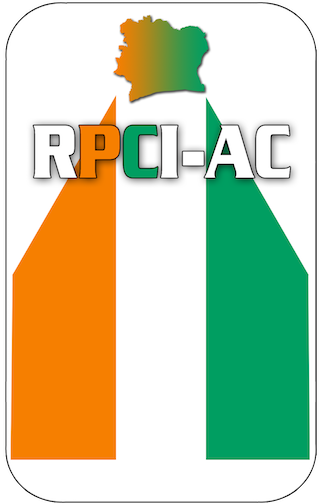Comparative government in the ivorian current turmoil: "Legitimacy" and "sovereignty" as stake!
Le 21 avril 2011 par IvoireBusiness - The main focus of our analysis is to take stock of the ivorian current turmoil since November 28 th 2011, how politics is organised in an african independent nation
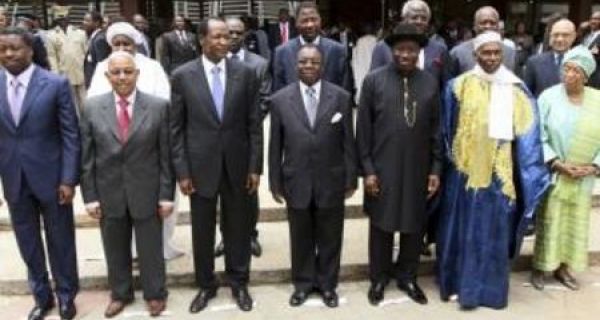
Le 21 avril 2011 par IvoireBusiness - The main focus of our analysis is to take stock of the ivorian current turmoil since November 28 th 2011, how politics is organised in an african independent nation
and how different nations solve their core problems of politics all over the world: determining who is to get what, when and how? But the contrast is clear, in politics it often seems as though everyone has their own telescope and claims than any more else! Indeed, the study of politics is always an uncertain subject in which perspective of the observer makes a difference to the results obtained. Enlightment comes not from ignoring differences in political approach but from confronting them makes them explicit. In our view, politics is the process by which groups make collective decisions. The size of the group can vary from a single family to one extreme to the international community at the other. Political decisions are arrived at in various ways: by evidence, by discussions, by customs, by bargaining, even on occasion by voting. Let's take the example of the current turmoil in the "Ivory Coast" where the fundamental reasons of the conflict rest in "Legitimacy" and "Sovereignty".Nowadays, political theorists argue that a government is legitimate if it conforms to some moral principles. For example that it has been fairly elected without massive frauds! On the other hand, political scientists are concerned with politics as it is. They assert that a government is legitimate if its citizens regard as such!Wether a government is democratic is only one influence on legitimacy in the second sense. For instance, no one would describe the "Ivory Coast" under "Alassane Ouattara" rule as a democratic regime because of the bloody french miltary coup d'état(APRIL 11TH 2011) where almost 2700 ivorians lost their lives, which gave less legitimacy to "Alassane Ouattatra" and has transformed the country in a battle field grounded in slaughter. Unfortunately, his political authority came from the western neocolonial and imperialism, rather than contemporary democratic principles! Moreover, legitimacy refers to whether people accept the validity of a law. But in "the Ivory Coast", the constitutional council has already valided the victory of president "Laurent Gbagbo" who is the righful elected president according to the ivorian constitution, while "Alassane Ouattara" has got political and diplomatic backings of the so called international community. We come to the conclusion that the international community can not rule an independent nation recognised by the united nations since August 7th 1960!It's also relevant to remark that in the twentieth century, civil disobedience has provided a constructive force for political change around the world. It has contributed to some extent to movements for equal voting rights and for national independence from neocolonial rule in AMERICA and AFRICA! The success of these movements show that legitimacy is different from , and more fundamental than legality.But in the current ivorian turmoil what is also as take is "Sovereignty". It belongs to the body which has the right to make laws for a country. For instance in France and Great Britain this body is the parliament. Moreover, the traditional theory of sovereignty stressed the need of a single, sovereign body with a defined territory.In the commentaries on the laws of England(1765-1770), "William Blackstone" observes that there is and must be in every state a supreme irresistible, absolute and uncontrolled authority in which the right of "Sovereignty" resides. "Blackstones' s view summarised the interpretation first developed by the french philosopher "Jean Bodin"(1529-1596).He defined "Sovereignty" as the untrammelled and undivided power to make law."Bodin's aim was to uphold the privileges of the french monarchy and his work underpinned the later development of the absolute monarchy in France! In today's more democratic and interdependent world, identifying the location of "Sovereignty" is not as straightforward as the traditional theory assumes. In the united states of America, for example "Sovereignty" is shared between the congress, the president, the supreme court and the fifty states which make up the federal republic of the united states! Therefore, a constitutional government,indeed more so than concentrates authority. In a sense, the Usa is a case of "Sovereignty". The expanding range of international commitments taken on by nations states reduces the room for manoeuvre available to governments. In addtion to that crucial reality, the emergence of international organisation such as the european community, which has the ability to bypass national parliaments in some areas of the world, also threatened traditional ideas of "Sovereignty" in some third world countries such as "Ivory Coast", paying now the price of neocolonial influences. Theses changes are slowly diluting the notion of "Sovereignty" as the gap grows between the fiction of a single source of "Sovereignty" and the reality of interdependence. Finally, the british "BLACKSTONE" and the french "Jean Bodin" have had their day! Today, the ivorians as a whole, keep struggling on for the fulfilment of their full freedom, liberty, Sovereignty and self determination. Never give up, never surrender, no retreat!
Yves T Bouazo

